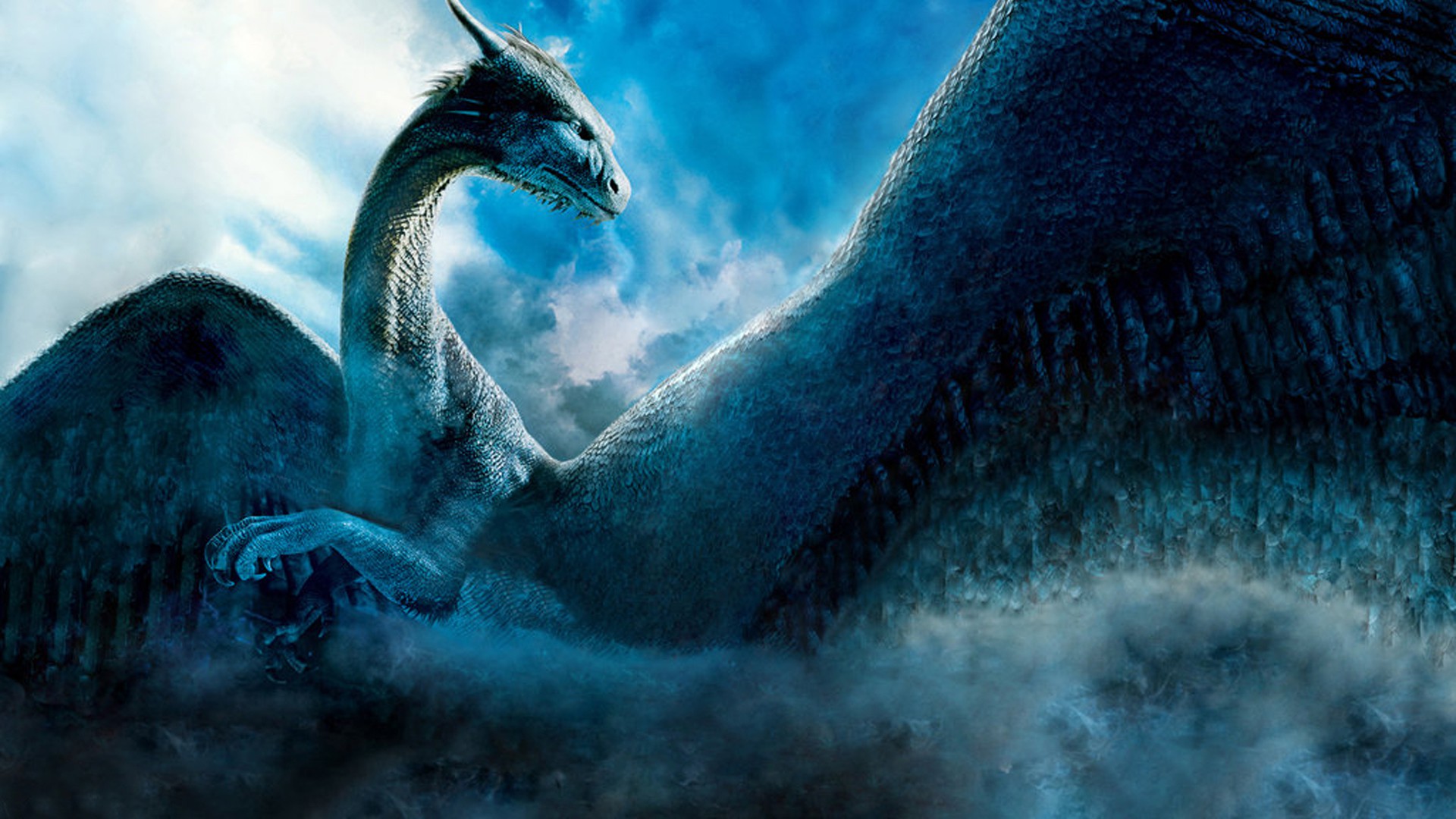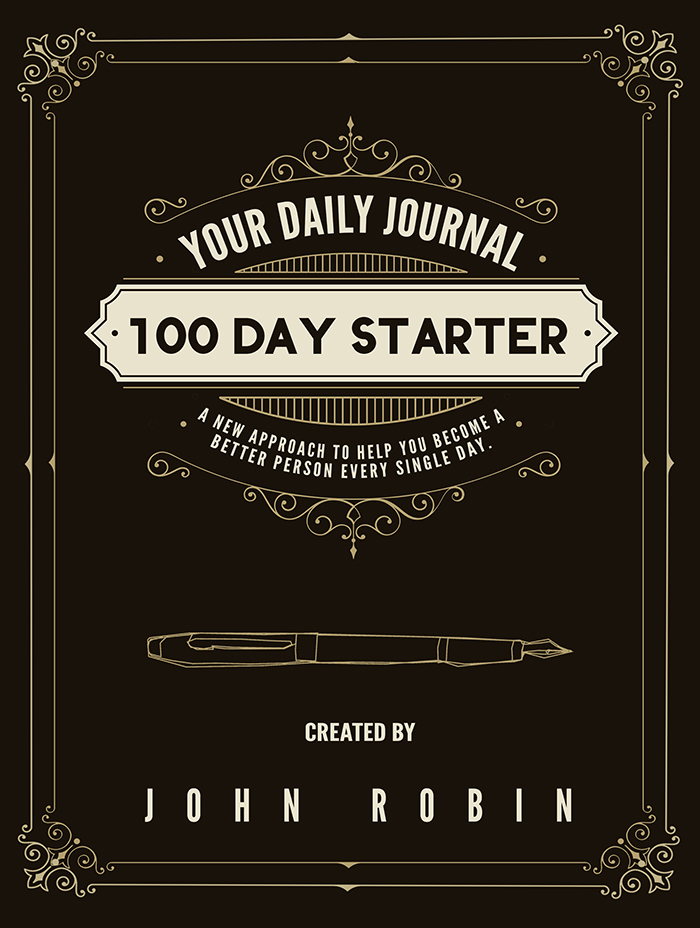 Happy 2016! I hope you all enjoyed the short stories from last month as we launched the Epic Fantasy Writer collaborative blogging endeavor. This month, we’re back to write about the meat and potatoes of fantasy: dragons. What better way to start out 2016! Enjoy the posts to come as our contributing fantasy writers share their perspectives on the beasts that (in my opinion) define the genre.
Happy 2016! I hope you all enjoyed the short stories from last month as we launched the Epic Fantasy Writer collaborative blogging endeavor. This month, we’re back to write about the meat and potatoes of fantasy: dragons. What better way to start out 2016! Enjoy the posts to come as our contributing fantasy writers share their perspectives on the beasts that (in my opinion) define the genre.
For me, when I started writing Blood Dawn, I had dragons in mind from the beginning. Dragons, for me, are what make epic fantasy epic.
But not just any dragons. Like vampires, werewolves, and zombies, dragons have been done to death. So have orcs and goblins and elves and dwarfs (or Dwarves, for the Tolkienizers). But, done to death does not mean done. After all, dragons represent that deep archetype of chaotic creation, the raging fire of innovation in the deep, rocky void of un-creation, the potentials that slumber in the undiscovered depths and build off the riches of experience.
When I infused my fantasy world with dragons, I drew not on the tropes, but the archetype stripped down to the bone as far as it would go. My world is full of dragons, but these dragons are invisible and as integral as atoms. They are the core elements of creation and discovery, the heartbeat of the cosmos. They are the gods who came from the void above and with their fires created the world, the gods who die and rise again to ever drive creation forward. And in the span of time Blood Dawn is set in, they sleep and the memory of humankind has forgotten them, forgotten that soon they will awaken.
I’ve done the same with elves and dwarfs. These creatures in fantasy were popularized by Tolkien, but when I approached my world I wanted to establish something else. For example, the Dwarf Men in my world explore the question: “What if the Vulcans and humans lived on the same planet and the Vulcans advanced faster, then disappeared leaving humans behind?” The Dwarf culture is very Vulcan-esque. I also collapsed the concept of longevity and relative life spans as explored in Tolkien’s elves in the Dwarf Men species. Essentially, Dwarf and elf meet in one form.
In exploring this idea of relative lifespans, I thought it would be great to extend further to dragons. Dwarf Men, at the dawn of their awakening, lived for tens of thousands of years, and with each reincarnation their lifespan waned (a Dwarf man is reincarnated in his son; they are a single-sex species who reproduce through as-yet mysterious stone rituals). The latest Dwarfs, before their departure about 200 years before Blood Dawn, lived hundreds of years only, and hence Bain the Forty-Third’s obsession with unveiling the Dwarf prophecy about reclaiming long life. What if, I wondered, there was a yet-superior race to Dwarf men? Instead of just thinking of dragons as gods or ethereal beings, I conceptualized beings who embodied perspectives of time much like the enormous Brahma-cycles in Hinduism. Beings who live for millions of years and create and destroy worlds, who shape the universe with the epochs of their life.
So came the dragons. But I didn’t stop there. Like with elves and dwarfs, I wanted to think outside the box. So I decided that my fantasy world is not an alternate world but is an emergent consciousness-scape set billions of years in our future, and dragons are the embodiment of the higher-order AI structures that create it (in fact, the “dragons” are but one of billions of such structures, much like the milky way is but one of billions of galaxies — in other aspects of this future world-scape, there are beings like Titans that function like dragons, or in others, Giants; others, Tree-gods). Dragons are thus the dragons of myth and literature, but they are also a fusion of metal and robotic transcendence, a place where distant past and distant future come together and allow my story world to be one where we can explore the question of our present day: what does it mean to be in this world that is changing, where our technology is soon going to supersede us and evolve as the next superior species, where our place in the world will be redefined?
Dragons are the ultimate source of magic in my world, just as in our world, technology is the ultimate source of mastery over reality. Just as the advanced AI being is the paragon of science fiction, so it seems fitting to make the dragon, the equivalent paragon of epic fantasy, serve a similar role. After all, my goal in writing is to inform on the present day, on relevant issues, to speak to readers about our world here and now; using the epic fantasy landscape allows for thinking outside the box much more than in regular fiction, but by no means should that thinking take away from the relevance.
But that’s just my take. Get ready for lots of dragons, and other perspectives from our talented contributors. January starts with fire — may this be the seeds of a productive New Year for everyone.
Happy New Year!


Well said! This month’s collection of articles is going to be as epic as the beasts themselves!
I’m so looking forward to the articles to come
I’m not an avid fantasy reader, but I do enjoy your blog, John, because it opens up ideas that don’t really exist in my own writing world of supernatural and mystery. This is a little off topic, but I have a gorgeous teapot with a dragon on it. A pink dragon, if you will, with blue eyes and eyelashes that seem to bat at blue lightning. It’s very old and chipped; I love it. Have you ever encountered a pink dragon in your readings or research?